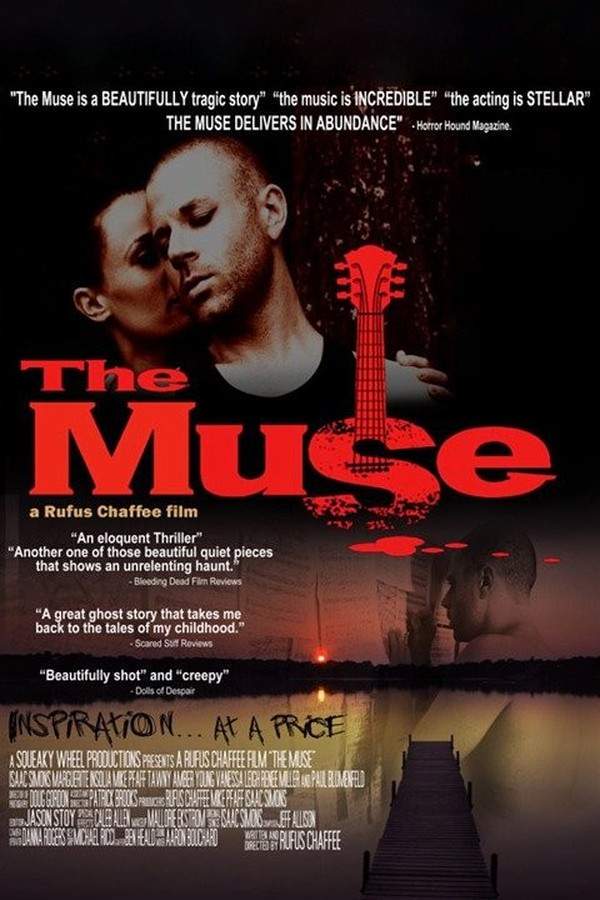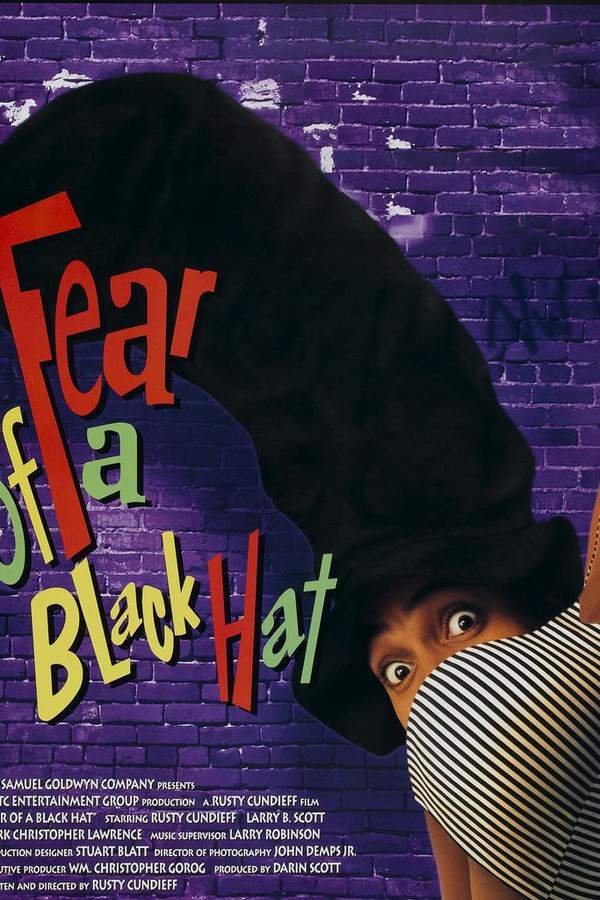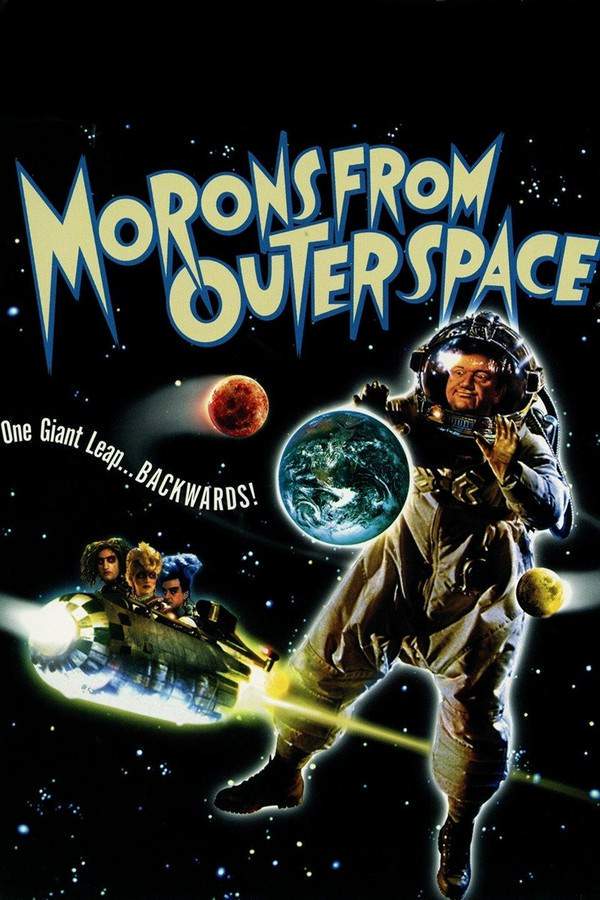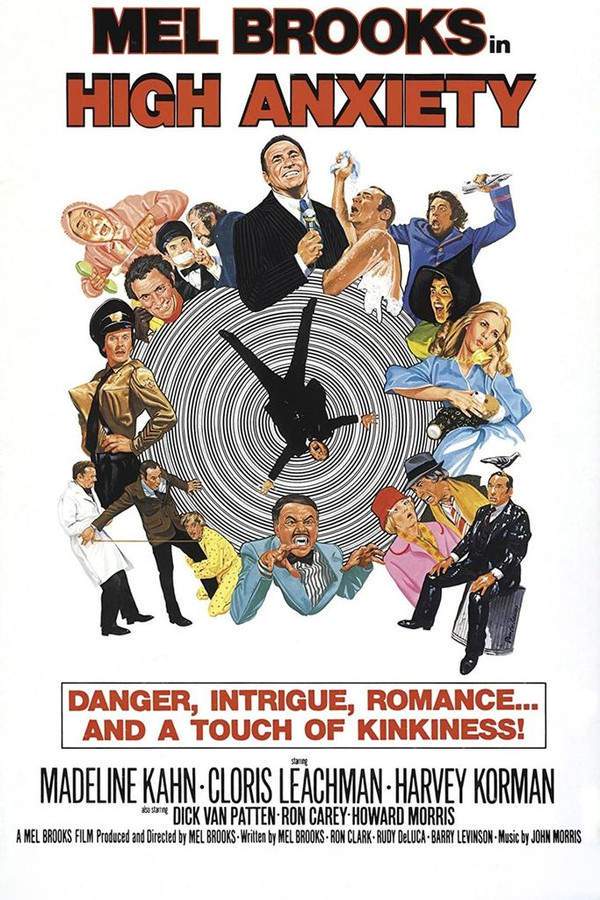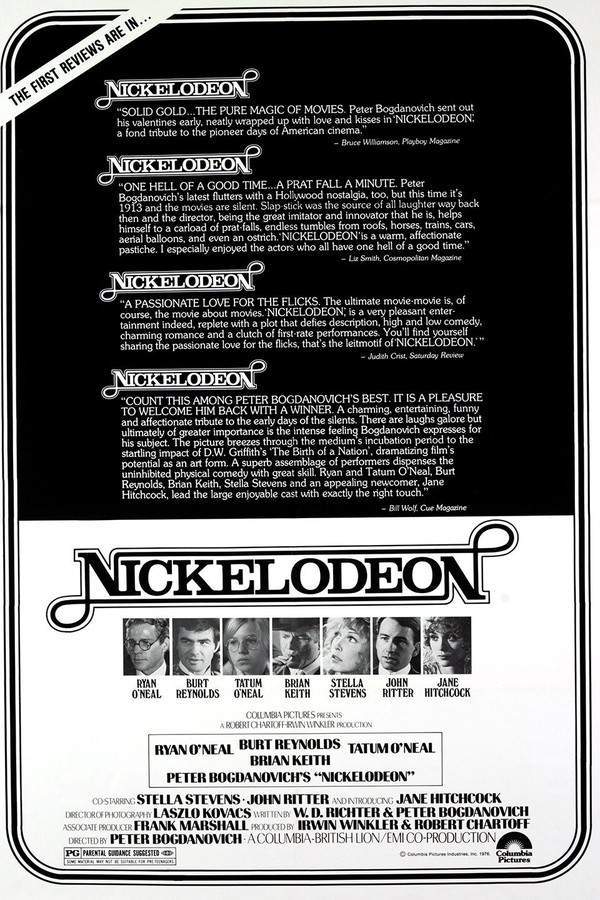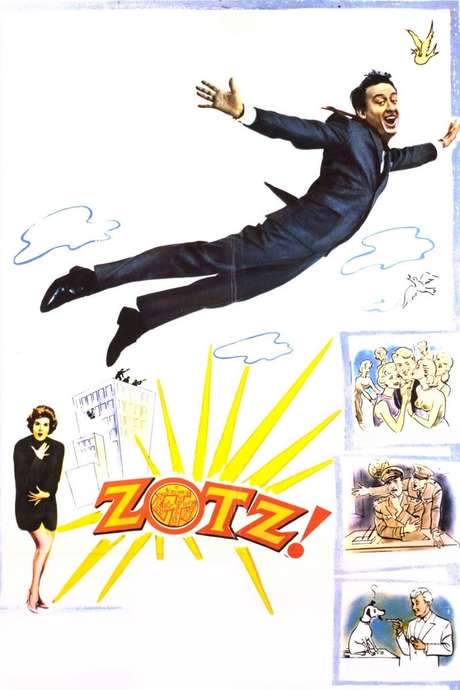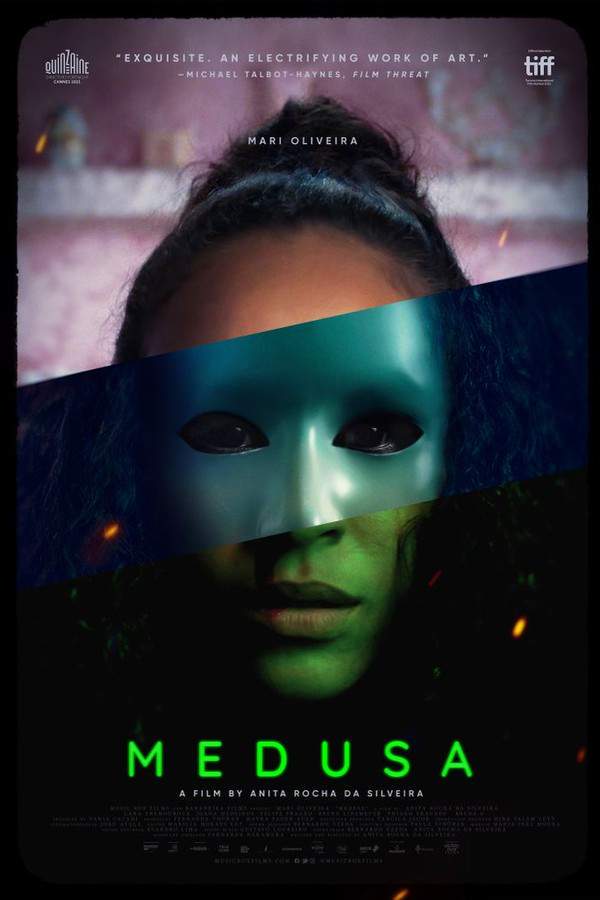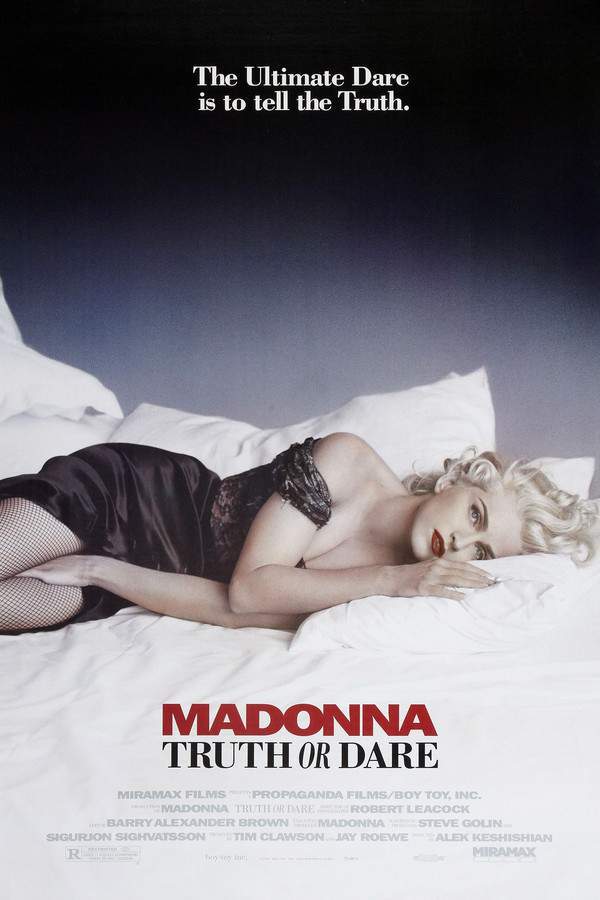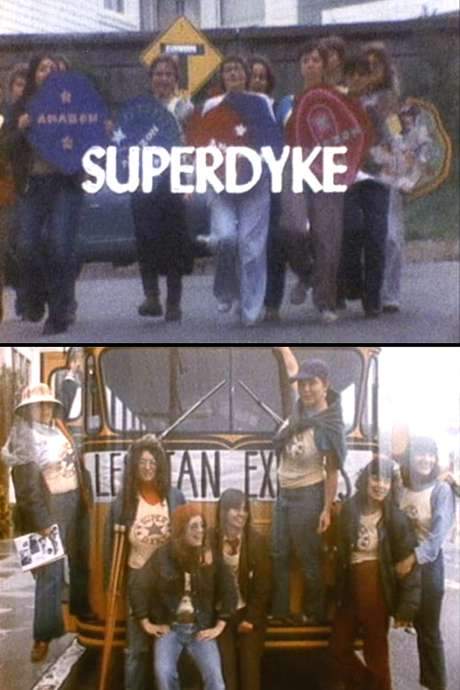
Medusa: Dare to Be Truthful
Year: 1991
Runtime: 51 mins
Language: English
Director: John Fortenberry
The spoof parodies Madonna’s “Truth or Dare.” Julie Brown stars as Medusa, an egocentric, hyper‑sexual pop star on a five‑day “Blonde Leading the Blonde” world tour. The film mirrors Madonna’s costumes, sets and self‑obsession, swapping grave visits, bottle‑fellatio and other iconic moments for absurd, comedic equivalents.
Warning: spoilers below!
Haven’t seen Medusa: Dare to Be Truthful yet? This summary contains major spoilers. Bookmark the page, watch the movie, and come back for the full breakdown. If you're ready, scroll on and relive the story!
Medusa: Dare to Be Truthful (1991) – Full Plot Summary & Ending Explained
Read the complete plot breakdown of Medusa: Dare to Be Truthful (1991), including all key story events, major twists, and the ending explained in detail. Discover what really happened—and what it all means.
The film opens with a slow pan through Medusa’s album covers and movie posters, settling on Medusa, Julie Brown lying in a bed as she’s massaged and her hair is tended, speaking with a quiet honesty about the loneliness that settles in after the tour ends. This intimate opening sets a reflective tone, inviting the audience to watch a performer who remains in the glare of fame but is visibly searching for something genuine offstage.
We then flash back to the preparation and chaos of the Blonde Leading the Blonde Tour. Medusa recounts, in a voice-over, how the tour was a technical nightmare, punctuated by a surreal moment when she’s crushed by a giant statue in a startlingly absurd misfortune. The sequence blends backstage turmoil with a sense of ridiculous peril, painting a portrait of a production that looks glamorous on the surface but often teeters on the edge of disaster.
The journey takes us first to the Philippines, where Medusa learns she is performing during a volcanic eruption. Her world expands and tightens in quick succession as the tour hurdles forward. In a candid interview, Bennie, Medusa’s manager, Stanley DeSantis explains how her first single, “Like a Video” (a sly parody of Madonna’s “Like a Virgin”), became a hit for MTV. The moment is playful yet knowing, signaling how Medusa’s persona thrives on provocative spectacle as much as music. The scene then pivots to a more intimate beat as Medusa is shown talking to her boyfriend and seducing the cameraman, underscoring a complicated mix of desire, performance, and control that threads through the tour.
Next, the tour moves to Japan, where Medusa tells her dancers—who are financially strained—that they’ll see a pay cut. The mood shifts from buoyant rehearsal energy to a tightening sense of strain, with hints of improvised, precarious solutions. Another segment shows women protesting Medusa, while her director reveals how Medusa finds inspiration to shoot a music video that pushes into riskier, even criminal, territory by depicting a robbery. The film keeps balancing satire with danger, making the audience question where boundaries lie in pursuit of artistic impact.
As the tour returns to the United States, Medusa and her troupe play a game of Truth or Dare, a moment that blends camp with a blunt look at the performers’ personal boundaries under the bright lights. The party sequence that follows features a director pressing Medusa to star in a movie reminiscent of Heidi, hinting at the industry’s endless pressure to transform image into marketable roles. In a brief but telling beat, Medusa lists negatives about people, and Bobcat Goldthwait, Bobcat Goldthwait appears, reacting with a prickly wit when he realizes Medusa’s joke lands with a sting. > neat
As the narrative returns to Medusa’s ambitions, a voice-over explains that she is planning to star on Broadway after the tour, a path her ex-husband Shane Pencil, Donal Logue, begins to influence but ultimately grows tired of, choosing to leave. This thread adds a layer of personal history to the performer’s public persona, balancing the professional ambitions with the fractious, intimate relationships that color her life on the road.
The show also captures a near-fatal moment during a sequence parodying Madonna’s “Express Yourself.” Medusa recounts an electrocution scare that could have ended her career, a reminder of how danger and artistry can collide in a spectacle-heavy career. The emotional ache deepens as she visits a dog’s grave, only to discover she’s at the wrong grave, a spoof that nods to a famous Truth or Dare moment while underscoring the misdirections that color fame.
In Atlanta, authorities arrive with a tongue-in-cheek warning: Medusa could be arrested if she exposes herself too literally. Undeterred, she performs a slate of provocative numbers—“Party in My Pants” and “Vague” (parodies of “Like a Prayer,” “Into the Groove,” and “Vogue”)—and the officers, rather than detaining her, ask for an autograph, a surreal reversal that satirizes the celebrity-mob dynamic.
The tour wraps in New York, and Medusa, surrounded by dancers, looks back on the footage as she searches for a true ending. The final act moves to a hospital, where a toy dinosaur is removed from her, and a montage of clips plays to a somber tune, “Life May End” (a nod to “Live to Tell”). The dancers visit her, offering comfort and a sense of companionship as the film draws to a close with the troupe trying to sleep, leaving the future uncertain but emotionally earned.
Medusa’s world—its glitter, its peril, and its relentless demand for reinvention—unfolds in a way that feels both playful and piercing. The film uses sharp humor and a steady, neutral gaze to examine how a pop icon negotiates fame, vulnerability, and the ever-present lure of the next big moment.
Last Updated: October 09, 2025 at 15:00
Explore Movie Threads
Discover curated groups of movies connected by mood, themes, and story style. Browse collections built around emotion, atmosphere, and narrative focus to easily find films that match what you feel like watching right now.
Satirical pop culture mockumentaries like Medusa: Dare to Be Truthful
Witty spoofs that expose the narcissism and absurdity of fame.If you liked the sharp celebrity satire in Medusa: Dare to Be Truthful, explore more movies that use mockumentary style to spoof the worlds of music, fame, and narcissism. These films blend absurd humor with a knowing critique of pop culture.
Narrative Summary
These films typically follow a linear, documentary-style structure, often set around a tour, a production, or a public event. The narrative is driven by a series of comedic incidents that expose the protagonist's ego, vanity, and the ridiculousness of their world, with occasional moments of manufactured vulnerability.
Why These Movies?
Movies in this thread share a light, playful tone combined with satirical intent. They are united by their focus on celebrity culture, a steady pacing that mimics real documentaries, and a blend of campy, ridiculous, and knowing humor that makes the critique entertaining.
Campy comedies with a knowing wink like Medusa: Dare to Be Truthful
Absurd, over-the-top humor that invites you to laugh along.Find more movies that capture the campy, playful, and absurd comedic style of Medusa: Dare to Be Truthful. These films prioritize theatrical fun over realism, often featuring over-the-top characters and scenarios designed for a lighthearted, knowing laugh.
Narrative Summary
The plot often serves as a vehicle for a series of extravagant gags and set pieces. Character journeys are secondary to the comedic spectacle, with protagonists who are frequently caricatures. The structure is straightforward, allowing the exaggerated tone and humorous moments to take center stage.
Why These Movies?
These films are grouped by their dominant campy and playful mood. They share a light emotional weight and a straightforward narrative approach that keeps the focus on the absurd humor. The tone is consistently humorous, though the endings may have a mixed or reflective quality.
Unlock the Full Story of Medusa: Dare to Be Truthful
Don't stop at just watching — explore Medusa: Dare to Be Truthful in full detail. From the complete plot summary and scene-by-scene timeline to character breakdowns, thematic analysis, and a deep dive into the ending — every page helps you truly understand what Medusa: Dare to Be Truthful is all about. Plus, discover what's next after the movie.
Medusa: Dare to Be Truthful Timeline
Track the full timeline of Medusa: Dare to Be Truthful with every major event arranged chronologically. Perfect for decoding non-linear storytelling, flashbacks, or parallel narratives with a clear scene-by-scene breakdown.

Characters, Settings & Themes in Medusa: Dare to Be Truthful
Discover the characters, locations, and core themes that shape Medusa: Dare to Be Truthful. Get insights into symbolic elements, setting significance, and deeper narrative meaning — ideal for thematic analysis and movie breakdowns.

Medusa: Dare to Be Truthful Spoiler-Free Summary
Get a quick, spoiler-free overview of Medusa: Dare to Be Truthful that covers the main plot points and key details without revealing any major twists or spoilers. Perfect for those who want to know what to expect before diving in.

More About Medusa: Dare to Be Truthful
Visit What's After the Movie to explore more about Medusa: Dare to Be Truthful: box office results, cast and crew info, production details, post-credit scenes, and external links — all in one place for movie fans and researchers.

Similar Movies to Medusa: Dare to Be Truthful
Discover movies like Medusa: Dare to Be Truthful that share similar genres, themes, and storytelling elements. Whether you’re drawn to the atmosphere, character arcs, or plot structure, these curated recommendations will help you explore more films you’ll love.
Explore More About Movie Medusa: Dare to Be Truthful
Medusa: Dare to Be Truthful (1991) Scene-by-Scene Movie Timeline
Medusa: Dare to Be Truthful (1991) Movie Characters, Themes & Settings
Medusa: Dare to Be Truthful (1991) Spoiler-Free Summary & Key Flow
Movies Like Medusa: Dare to Be Truthful – Similar Titles You’ll Enjoy
Madame X (2021) Movie Recap & Themes
Medusa (2022) Film Overview & Timeline
Madonna: Truth or Dare (1991) Complete Plot Breakdown
Sex Medusa (2001) Movie Recap & Themes
Fake Blonde (2007) Plot Summary & Ending Explained
National Lampoon’s Movie Madness (1982) Spoiler-Packed Plot Recap
Madonna: Madame X (2021) Full Summary & Key Details
Days of Pentecost (1995) Spoiler-Packed Plot Recap
Madonna - Innocence Lost (1994) Story Summary & Characters
The Naked Truth (1992) Full Movie Breakdown
Superdyke (1975) Movie Recap & Themes
Metalheads: The Good, the Bad, and the Evil (2008) Full Summary & Key Details
The Great Masquerade (1974) Film Overview & Timeline
Down to Earth (1947) Full Movie Breakdown
Dames (1934) Full Summary & Key Details




